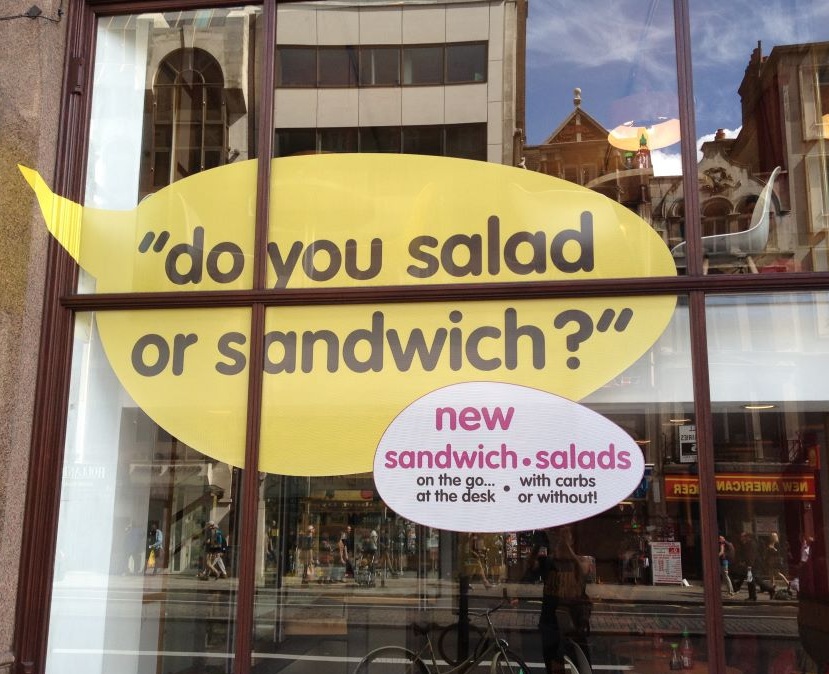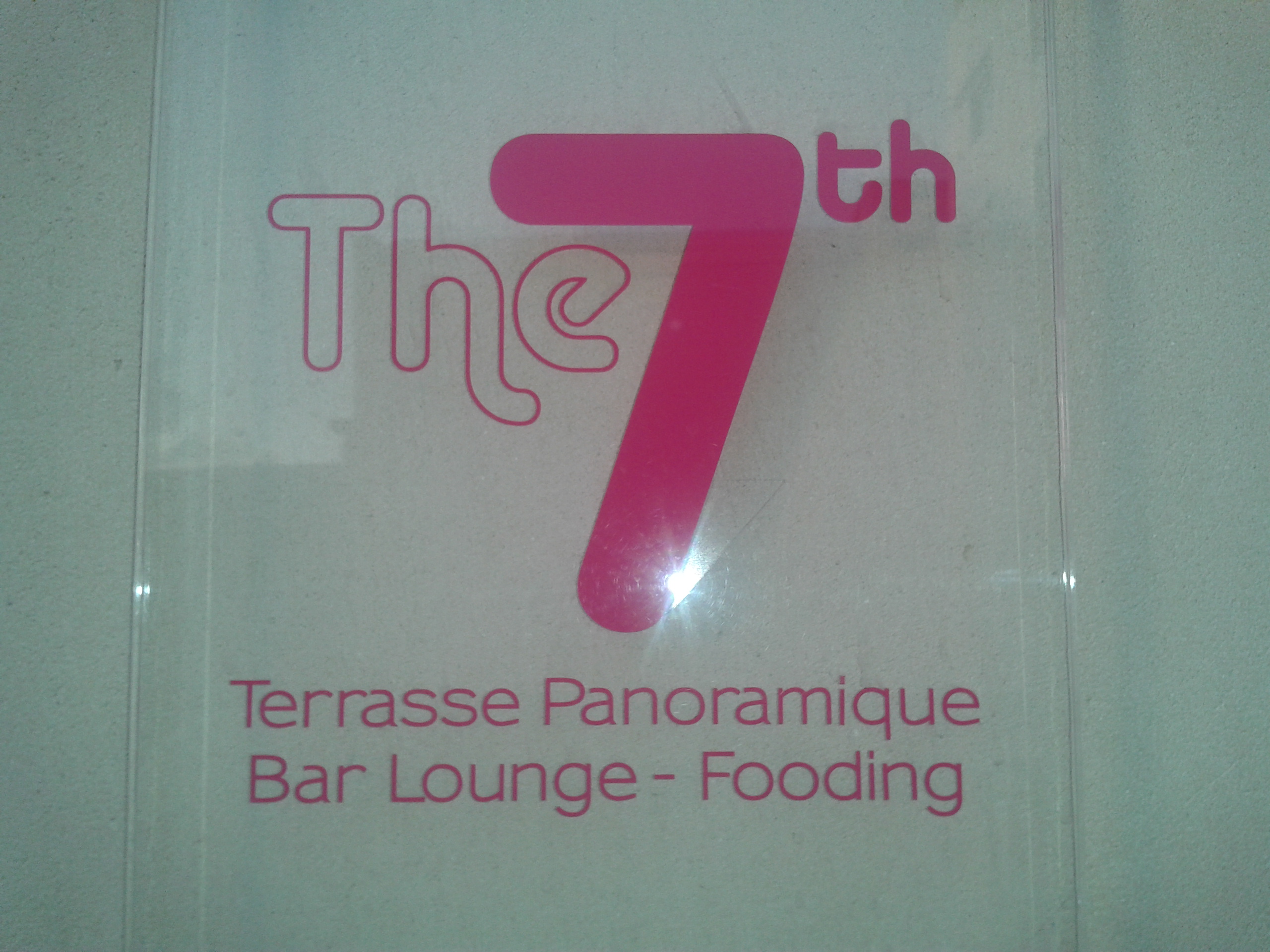
In this article, Jon Hird, author of the brand new Oxford Learner’s Pocket Verbs and Tenses, takes a look at the verbing of English and shares with us some interesting examples he has recently come across.
A recent OUP ELT blog about the language legacy of the Olympics included some examples of nouns being used as verbs. Competitors no longer stood on the podium and won a medal, but podiumed and medalled. Athletes also finalled (reached a final) and PB-ed (achieved a PB, or Personal Best). Even Lord Coe, Chairman of the Organising Committee, got in on the act when, prior to the games, he told the nation that ‘The London Olympics need[ed] to legacy’.
This conversion of nouns to verbs is known as ‘verbing’ and it has been around for as long as the English language itself. Ancient verbs such as rain and thunder and more recent conversions such as access, chair, debut, highlight and impact were all originally used only as nouns before they became verbs. In his book, The Language Instinct, Steven Pinker tells us that ‘Easy conversion of nouns to verbs has been part of English grammar for centuries; it is one of the processes that makes English English.’
Verbing exists essentially to make what we say shorter and snappier. It can also give a more dynamic sense to ideas. Conversion is easy and therefore common in English because, unlike in many other languages, the base form of the verb does not take a separate ending. Verbs converted from nouns are all regular and the past forms have an -ed ending.
Today, noun to verb conversion is particularly common in the field of technology, especially when it comes to the internet and digital communication. Many words which were originally nouns have very quickly become established as verbs. We bookmark websites. We email, text, message and DM (Direct Message) people. We friend and unfriend (or defriend) people on Facebook. We tweet about topics that are trending. We blog. And now, at least according to one mobile phone provider, we also hub (see right).
Proper nouns are also used as verbs. If we don’t know something, we google it. We skype to keep in touch. We youtube to watch video clips. And we facebook and whatsapp people about what’s going on. A Turkish colleague of mine recently found himself saying that he’d ebayed something and was wondering if it’s OK to say that.
Outside the world of technology, it seems that nouns are being verbed wherever you turn. At the airport on a recent work trip, we were informed that ‘Passengers who are transiting need to follow the transit signs.’ After my return to the UK, a colleague emailed ‘I hope you had a great time conferencing around Italy.’ Around the same time a friend facebooked ‘let’s coffee soon!’ I’ve since discovered that ‘Let’s Coffee’ is the name of numerous coffee shops around the world. There’s also ‘Let’s Burger’, ‘Let’s Seafood’ and no doubt many more.
Food and drink, in fact, seems to be ripe when it comes to verbing the noun. Ted, a character in the TV show ‘How I Met Your Mother’, when offering to buy someone a drink, asks ‘Can I beer you?’ After a talk I recently gave, one of the participants facebooked me this photo he had taken of a London café window (see below). Whether he saladed or sandwiched that day, I’m not sure. And while a considerable number of English words connected with food come from French, I was surprised to come across the concept of fooding in, of all places, Montmartre in Paris.
 Advertisers have latched on to verbing as well. For some time now, a high street chain here in the UK has been imploring us not to shop for it, but to Argos it. And while cycling through the centre of Oxford the other day, I noticed on the back door of a van this rather clever play on words promoting cordless power tools (see right). And only last night, during a BBC news item about the possible impending demise of the high street music store, a guest explained that part of the problem was that customers were overchoiced.
Advertisers have latched on to verbing as well. For some time now, a high street chain here in the UK has been imploring us not to shop for it, but to Argos it. And while cycling through the centre of Oxford the other day, I noticed on the back door of a van this rather clever play on words promoting cordless power tools (see right). And only last night, during a BBC news item about the possible impending demise of the high street music store, a guest explained that part of the problem was that customers were overchoiced.
So, the choice is yours – do you noun or do you verb? Keep your eyes and ears open and see how many examples of verbing you come across. A lot, I suspect. And please share some of your favourites below.




Great article on verbing.
Very interesting 😉
What a thoroughly interesting article. I do love English, it’s so much fun to play with. 🙂
[…] In this article, Jon Hird, author of the brand new Oxford Learner’s Pocket Verbs and Tenses, takes a look at the verbing of English and shares with us some interesting examples he has recently come… […]
Thank you very much for this article. After your seminars I realized that I am very focused on verbing and I am still ebaying 🙂
Hi Efe – and thanks for your ebaying! Jon
I guess this is a continuous process in our ever-expanding language.
And conversely, ‘nouning’ is also going on apace: a big ask, an epic fail, a massive swear, etc.
Love wine-tastings, chocolate tastings and any tastings!
Great piece to learn from. I have often heard in India, ‘I am waitlisted on so and so flight or train’.
Interesting – I haven’t heard that before. I spent many hours being ‘waitlisted’ myself in India in years gone by.
Reblogged this on Mad Skills Vocabulary and commented:
Fascinating discussion on ‘verbing’ from the Oxford University Press blog.
Very interesting! English is an economical language indeed.
[…] In this article, Jon Hird, author of the brand new Oxford Learner’s Pocket Verbs and Tenses, takes a look at the verbing of English and shares with us some interesting examples he has recently come… […]
The spirit of English is verbs – Caleb Gattegno. It is worth noting that verbing is not a modern affectation. There are lots of examples in Shakespeare, for example.
[…] This article takes a look at the verbing of English and shares some interesting examples. […]
[…] In this article, Jon Hird, author of the brand new Oxford Learner’s Pocket Verbs and Tenses, takes a look at the verbing of English and shares with us some interesting examples he has recently come… […]
Absolutely ‘loving’ this!
Nice article! It’d be interesting to do a more comprehensive research on this.
If I can verb any nouns can I also gerund them and adjective {stress on the last syllable} them as well or am I restricted to verbing and gerunding alone?
[…] This got me thinking. […]
Nice article Jon. “Verbing” is definitely a current and real social phenomenon. I wonder if an excessive and perhaps abusive use of verbing is an example of the evolution of our language or the de-evolution of it. On one hand, “verbing” nouns represents a clever marriage of the descriptive nature of adjectives to the kinetic dynamic of verbs. Nouns are already frequently being used to perform the function of adjectives via noun modifiers. (Example: “kitchen sink”) So I suppose why not use them to function as verbs as well?
On the other hand, I wonder if the practice of verbing is more accurately analogous to the popularization of the indolent practice of using text shorthand to replace practically all writing efforts. Do u no wut im sayn? Text shorthand certainly makes a lot of sense for text messages but when we start using it for emails and you start seeing its influence in the writing styles of many high school and college students, it doesn’t speak well for the future of our language. Regardless of what one’s opinion of the increasing popularity of the practice of verbing is, the reality is that it is likely here to stay.
I really appreciate you initiating a conversation that can engage not only our provincial ELT community but the larger mainland community of the public at large. I also commend you on the use of images to lend a more visual dimension to the blog. Well done!
Thanks for your comments and some interesting points. I think you’re right that the dynamic nature that verbing adds is a key aspect of its popularity.
Thanks for this great summary of the verbing phenomenon. Regarding the idea that ‘verbs converted from nouns are all regular and the past forms have an -ed ending’, I thought I’d share with you two instances that I’ve noticed where newly coined verbs seem to have irregular past forms.
The first is ‘text’. I keep hearing people using the past participle ‘text’, as in ‘I’ve text him, but he hasn’t got back to me.’ I’ve heard this so many times now, that I’m sure I’m not mis-hearing it.
The other one is a children’s term. A couple of years ago, when my girls were still young enough to play tig in the playground (where one person chases the others around the playground, and when they ‘tig’ someone that person then becomes ‘it), they used to say ‘I tug him but he got away.’ This was general parlance, not just a one-child anomaly.
I don’t know if ‘tug’ will ever become standard English, since it’s used in such a specific context and by such a specific demographic, but I definitely think that ‘text’ as a past form and past participle are on the way to becoming regarded as standard usage.
Has anyone else heard either of these forms?
This is very interesting, Penny. I’ve personally never heard ‘text’ as the past form, but I’ll be keeping an ear open for it from now. Do you think this could be local to where you are? And ditto for ‘tig/tug’
Hi again, Jon. Thanks for getting back to me. I don’t think it is a regional thing. Just found an interesting thread about it on mumsnet, headed, ‘The past participle of text is surely texted and not text as many posters [i.e. people who post comments] would have it. “He has text me” is wrong, wrong, wrong’:
https://www.mumsnet.com/Talk/pedants_corner/1235974-The-past-participle-of-text/AllOnOnePage
One contributor even says: ‘When a noun becomes a verb, the very least we can do is at least make it a regular verb. Why would anyone try to make it irregular?’
Well, apparently, as one advocate of the irregular form says: ‘It is ‘texted’, but just doesn’t roll off the tongue so easily!’
At risk of going on about it, I’ve just found an extract from ‘The Lore of the Playground’ by Steve Roud (2010): ‘Hospital tig: if you are tug on the arm, you can’t use that arm…’ But this is from a Scottish source, so perhaps it is regional, as you suggest. (I live near Edinburgh.)
[…] In this article Jon Hird takes a look at the verbing of English and shares some interesting examples he has recently come across. […]
[…] In this article, Jon Hird, author of the brand new Oxford Learner’s Pocket Verbs and Tenses, takes a look at the verbing of English and shares with us some interesting examples he has recently come… […]
[…] great article through twitter talking about the verbalization of the English nouns. You can read it here. I found the read so interesting and entertaining, I decided to share it with my students. So when […]
Reblogged this on Larry Paszli's Space.
Here in Russia linguists call verbing conversion!
I also found to cab in the sense of taking a taxi in D.Coupland’s book:)
Yes, the term ‘conversion’ is also used here. Using ‘bus’ as a verb (eg ‘Let’s bus it’) is quite common I would say, but I’ve never heard cab used as a verb. Interesting, thanks.
Fascinating discussion
[…] As Calvin in the cartoon strip Calvin & Hobbes once said, "verbing weirds language" 🙂 . In this article Jon Hird takes a look at some of the most recent verbing of English… […]
It looks like even you do it, when you say ‘After a talk I recently gave, one of the participants facebooked me this photo he had taken of a London café window (see below). ‘
true!
Interesting question to think about is whether the verbing of English should be considered as (growing) flexibility of language or losing of its precision…
[…] Today, noun to verb conversion is particularly common in the field of technology, especially when it comes to the internet and digital communication. See more.. […]
‘Showcase your talents’; ‘what’s trending on Twitter’, ‘he gifted them the game’; ‘thanks for critiquing my essay’ (yuk); ‘we dialogued’ (yuk)
Interesting. It’s very difficult for the non-native speaker to have a sense of what sounds OK and what doesn’t. In these examples, the first two seem perfectly well adapted to the purpose; ‘gifted’ is OK, but sounds a bit lame when you could say ‘handed’ or ‘gave them on a plate’. The last two sound awful
[…] As Calvin in the cartoon strip Calvin & Hobbes once said, "verbing weirds language" 🙂 . In this article Jon Hird takes a look at some of the most recent verbing of English… […]
[…] Do you salad or sandwich? The verbing of English […]
Great blog; very interesting.
I’ve also heard ‘we were bussed to school’